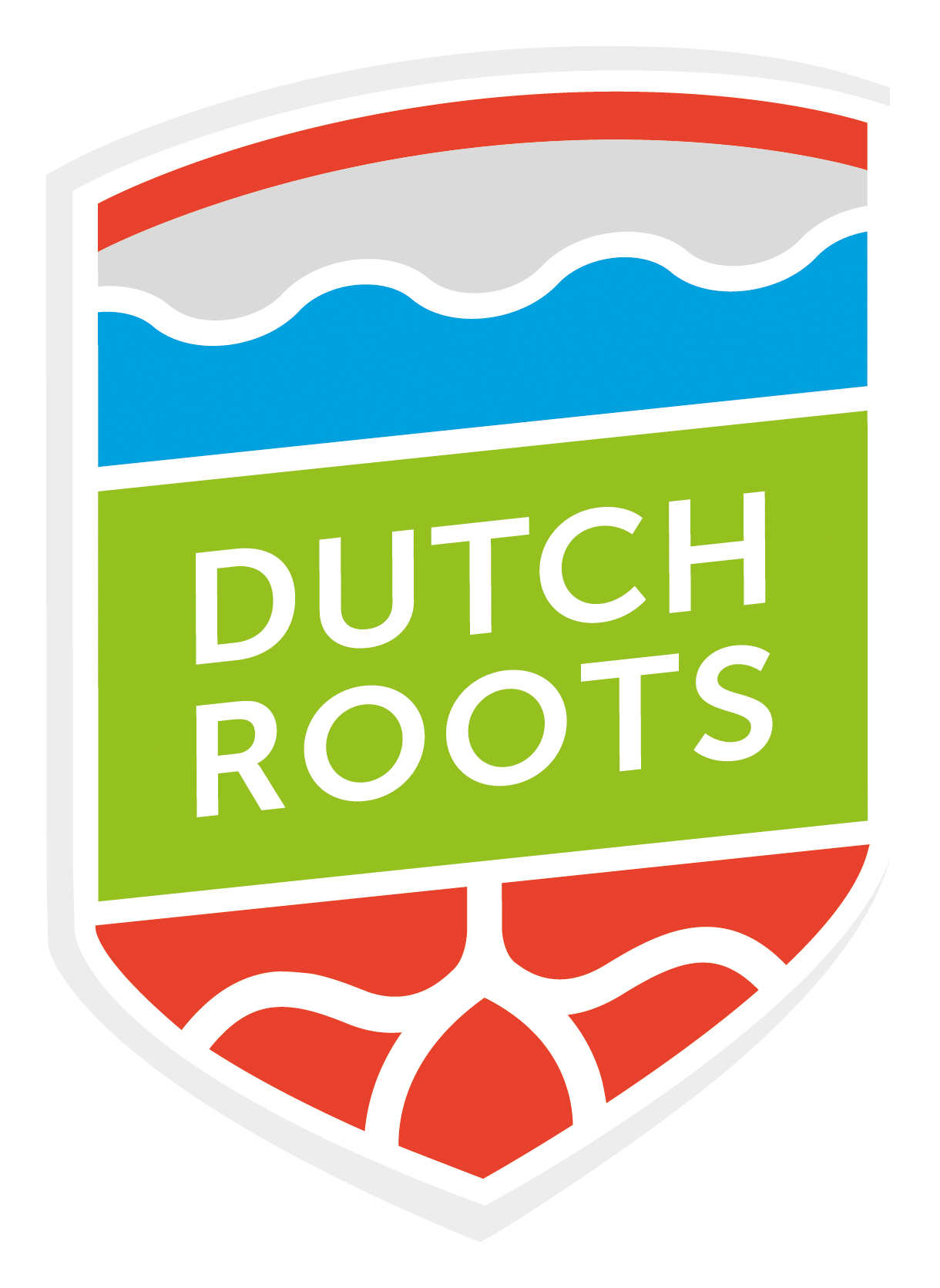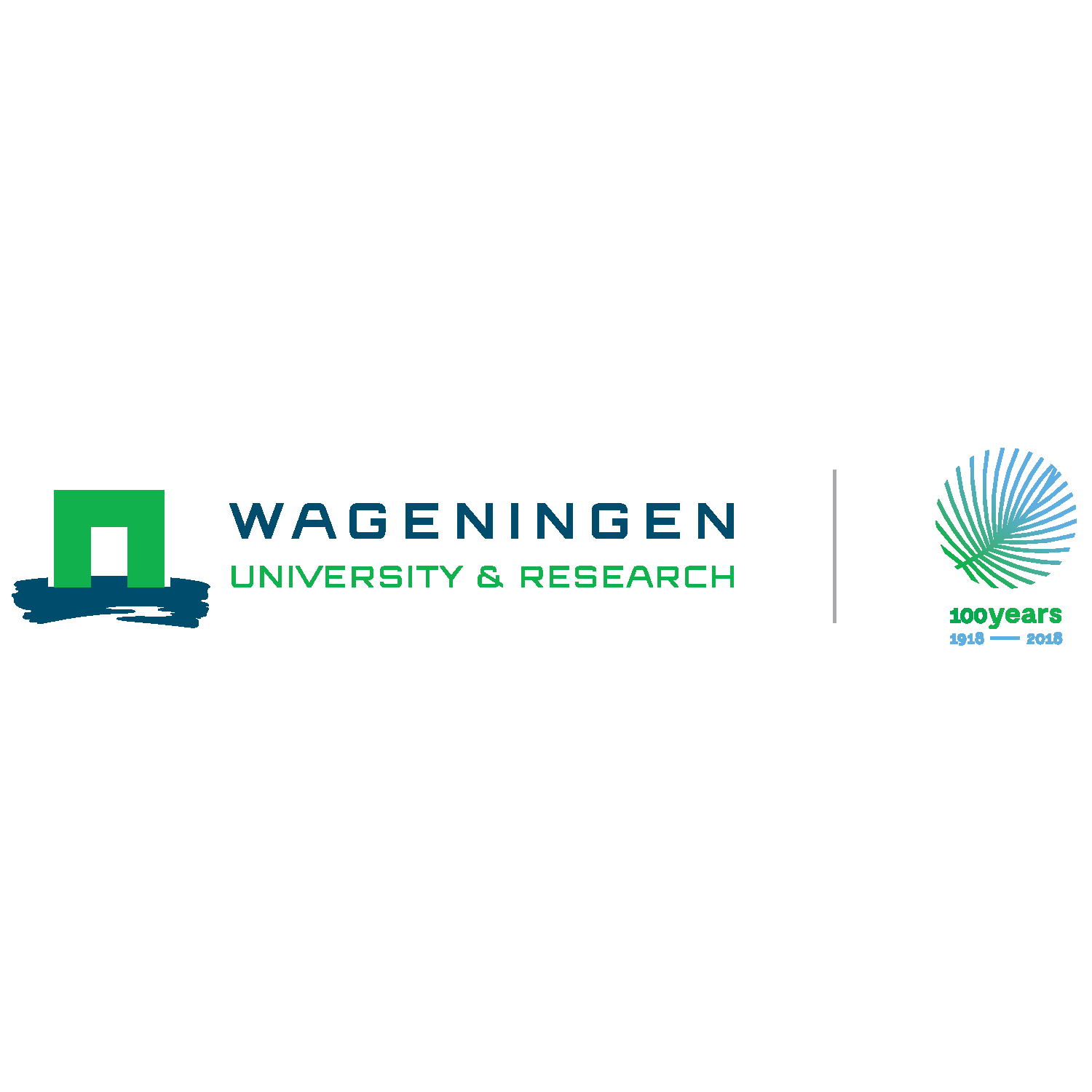To explore the potential of nature to improve the quality of life
That is the mission of Wageningen University & Research. A staff of 6,500 and 10,000 students from over 100 countries work everywhere around the world in the domain of healthy food and living environment for governments and the business community-at-large.
The strength of Wageningen University & Research lies in its ability to join the forces of specialised research institutes and the university. It also lies in the combined efforts of the various fields of natural and social sciences. This union of expertise leads to scientific breakthroughs that can quickly be put into practice and be incorporated into education. This is the Wageningen Approach.
100 years Wageningen University & Research
For the past 100 years we’ve been on a journey: a journey to optimally harness the power of nature by understanding how nature works, how crops and animals grow and evolve, why they get sick and what we can do about it. We want to know how we can make food production more efficient and yields larger and healthier. In short: how to improve the lives and living environment for people around the world, without depleting our natural resources. At Wageningen University & Research, we have made that journey our mission: ‘To explore the potential of nature to improve the quality of life.’ We have achieved excellent results along the way.
Home of agricultural innovation
Wageningen is known worldwide as the home of agricultural innovation. It is no coincidence that the Netherlands, despite its small size, is the second-largest agricultural exporter in the world. Not only in terms of products, but also in terms of knowledge and technology. It therefore comes as no surprise that our students and staff can be found conducting research and helping communities progress around the world, sometimes under challenging conditions. This has been a defining feature of our institute for a century: fundamental research paired with practical applications and concrete results for people who need it the most. They aren’t afraid to get their hands dirty, no matter the circumstances.


Expanded scope
This mentality makes us a much sought-after partner for other knowledge institutes and for companies, social organisations and governments. We no longer focus exclusively on innovations in agriculture, but have expanded our scope to include the much broader context of food, living environment and health. If we’ve learned one thing along the way, it’s that collaboration is essential to make breakthroughs. We are therefore committed to making an active connection with external parties and with other scientific disciplines within our own organisation. Our researchers are used to looking beyond borders, which allows us to combine the best that natural sciences and social sciences have to offer. This helps us determine how certain scents can be used to catch malaria-carrying mosquitoes and how to inspire local communities to actually use these scented traps. Science without boundaries leads to results without borders.
Wisdom and Wonder
We hope to achieve these and more results in the century to come. This is important because there are many challenges facing the world today. How do we keep the planet habitable as the global population continues to grow? How do we feed everyone while preserving and improving biodiversity? How do we achieve a sustainable and healthy society based on a circular economy? These questions desperately need answers. And so our journey continues, starting with a variety of scientific conferences, seminars and other activities organised as part of our centennial celebrations. Under the theme ‘Wisdom and Wonder’, we are planting the seeds for future discoveries and solutions on behalf of the billions of people and the single planet they all share.


